As temperatures rise, summer brings more than just warmth. For those over 55, hidden health risks can lurk in the sunniest days. From dehydration to insect bites, the season poses unique challenges. This guide unveils 15 subtle threats and offers insights to safeguard your well-being.
1. Dehydration: A Silent Threat
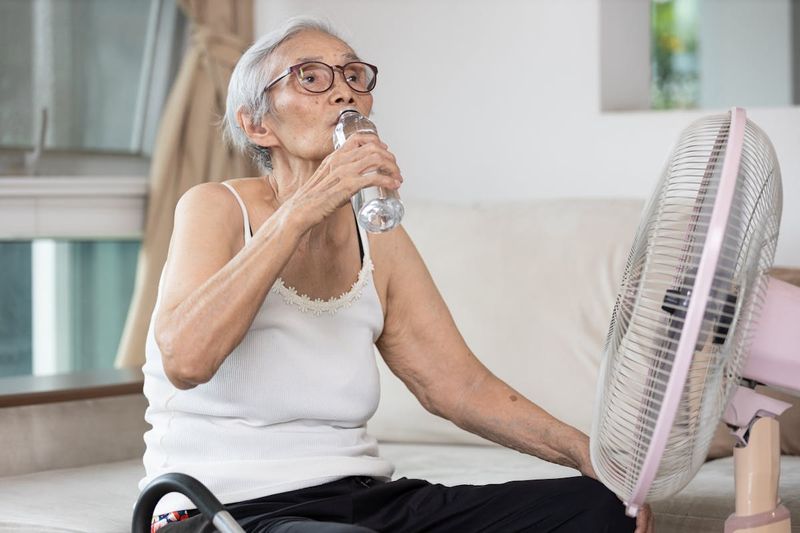
Dehydration can be a silent threat during summer. As we age, our body’s ability to conserve water diminishes, leading to increased risk. Often, by the time thirst signals arise, dehydration is already present.
Older adults may not feel as thirsty, making it crucial to drink water regularly. Symptoms like dizziness or fatigue may sneak up, disrupting daily activities. Keep a water bottle handy and sip throughout the day.
Additionally, hydrating foods such as cucumbers and watermelon can supplement fluid intake. Staying vigilant about hydration helps maintain energy levels and supports overall health.
2. Sunburn and Skin Damage
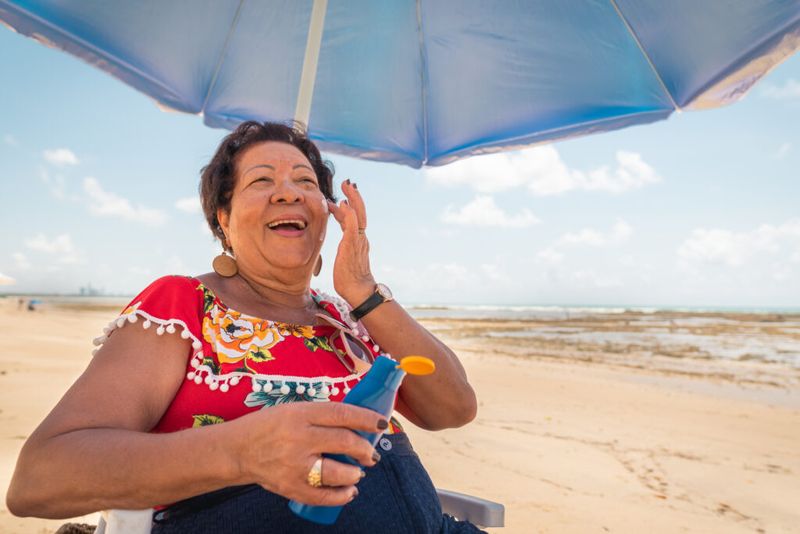
Sunburn is more than a temporary discomfort. For seniors, it increases the risk of skin cancer and accelerates aging. The skin becomes thinner and more susceptible as we age.
Regularly applying sunscreen with an SPF of 30 or higher is essential. Reapply every two hours, especially if swimming or sweating. Protective clothing also helps reduce exposure.
Seeking shade during peak sun hours, from 10 AM to 4 PM, offers additional protection. By taking these precautions, you can enjoy the outdoors while safeguarding your skin.
3. Heat Exhaustion
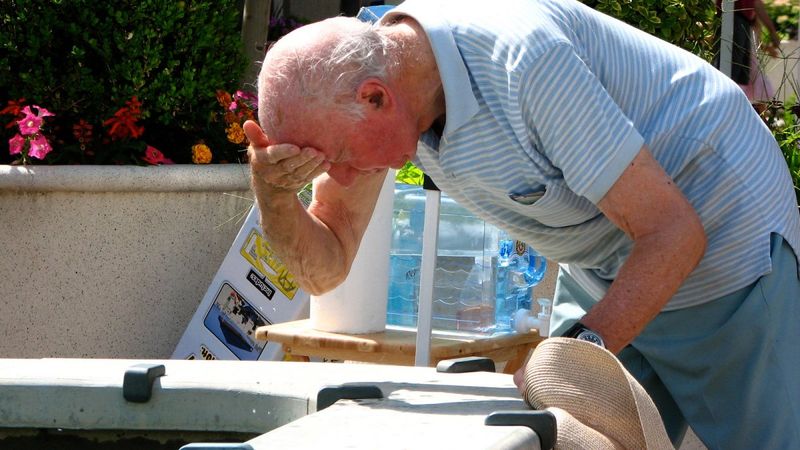
Heat exhaustion poses a serious risk. High temperatures can overwhelm the body’s cooling mechanisms, especially in older adults. Symptoms include heavy sweating, weakness, and rapid pulse.
If not addressed, it can escalate to heat stroke, a life-threatening condition. Rest in a cool place, hydrate with water or sports drinks, and apply cool compresses to lower body temperature.
Planning outdoor activities during cooler parts of the day helps prevent heat-related illnesses. Keeping informed about weather conditions is also wise. By understanding the signs, you can act quickly to avoid severe consequences.
4. Insect Bites and Stings
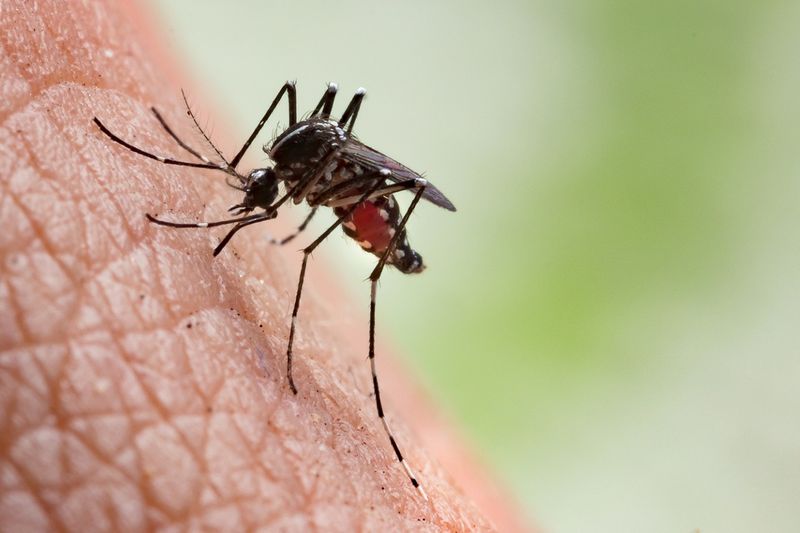
Summer brings a buzz of activity, including insects. For those over 55, bites and stings can cause allergic reactions and infections. The immune system may not respond as robustly with age.
Wearing long sleeves and pants, especially in wooded areas, minimizes exposure. Insect repellent with DEET or picaridin is effective protection.
Furthermore, keeping outdoor areas free from standing water reduces mosquito breeding grounds. By taking these steps, you can enjoy nature without the itch and worry of insect encounters.
5. Food Poisoning from Picnics

Picnics are a summer delight, but they carry a risk of food poisoning. Seniors are particularly vulnerable due to changes in digestion and immune function.
Ensuring food is stored at appropriate temperatures is key. Use insulated coolers with ice packs to keep perishables fresh. Practice good hygiene by washing hands before handling food.
Consuming prepared foods promptly reduces bacteria growth. By being mindful of these precautions, outdoor meals can remain safe and enjoyable.
6. Allergies and Respiratory Issues
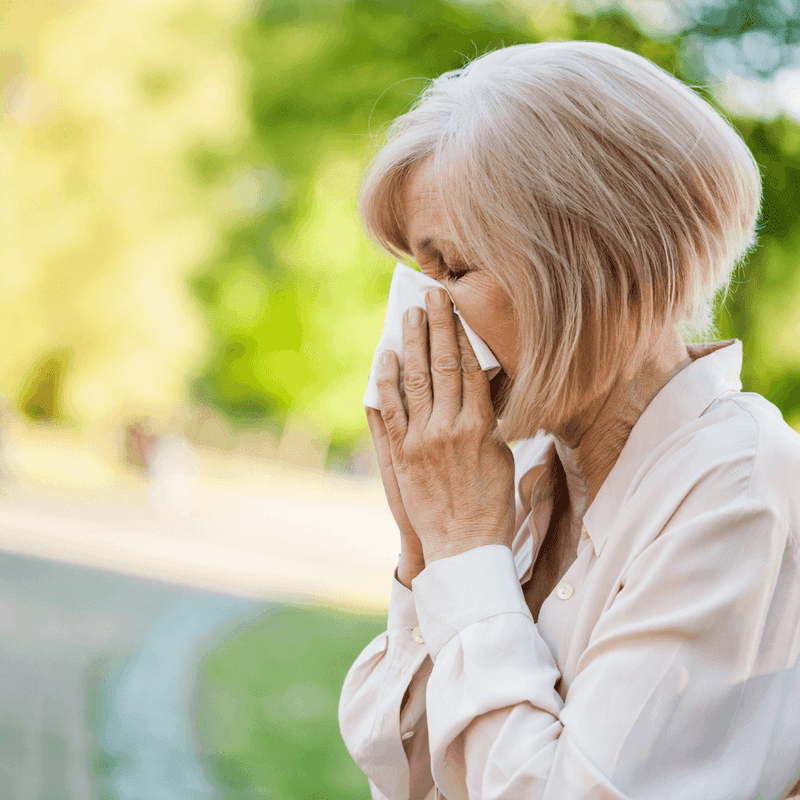
Allergies aren’t reserved for spring; summer blooms can trigger reactions too. Pollen levels soar, leading to sneezing, congestion, and itchy eyes.
For those with respiratory conditions, air quality plays a significant role. Check pollen forecasts and air quality indexes before heading outdoors. Taking antihistamines or using nasal sprays can alleviate symptoms.
Wearing sunglasses helps block pollen from eyes, adding another layer of protection. With a bit of planning, you can breathe easier during summer months.
7. Swimming Pool Hygiene
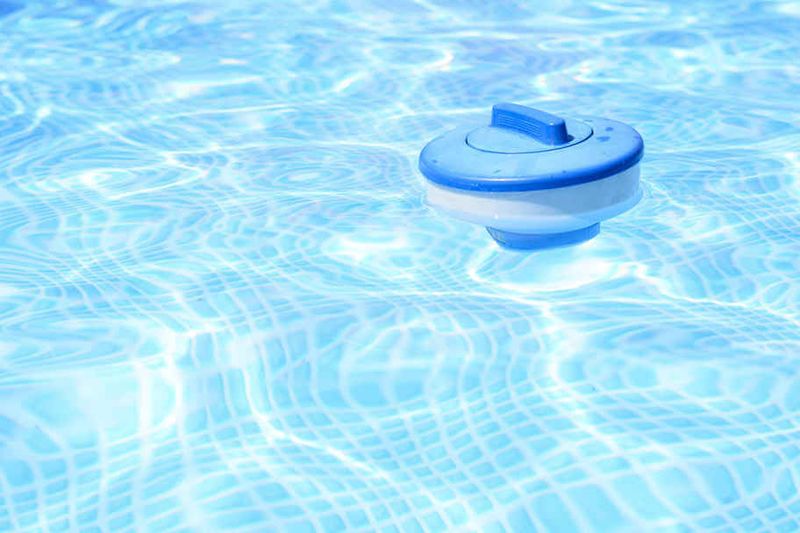
Pools offer relief from summer heat but can harbor germs. Seniors may be more vulnerable to infections like cryptosporidiosis and Legionnaires’ disease.
Ensuring proper pool maintenance is vital. Chlorine levels and pH should be checked regularly. Showering before and after swimming reduces contamination risks.
Encouraging good hygiene among all swimmers contributes to a safer environment. With these precautions, pools remain refreshing and safe havens.
8. Travel-related Health Concerns
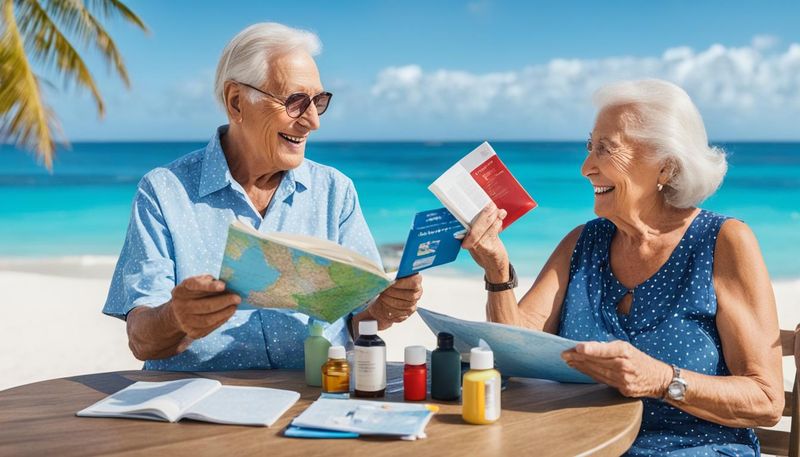
Travel often peaks in summer, presenting unique health challenges. Jet lag, changes in climate, and unfamiliar environments can affect older travelers.
It’s wise to schedule medical check-ups before trips and pack necessary medications. Staying hydrated and adjusting to new time zones gradually helps mitigate jet lag.
Researching healthcare facilities at destinations provides peace of mind. By planning ahead, travel remains an enriching experience without compromising health.
9. Increased Risk of Falls
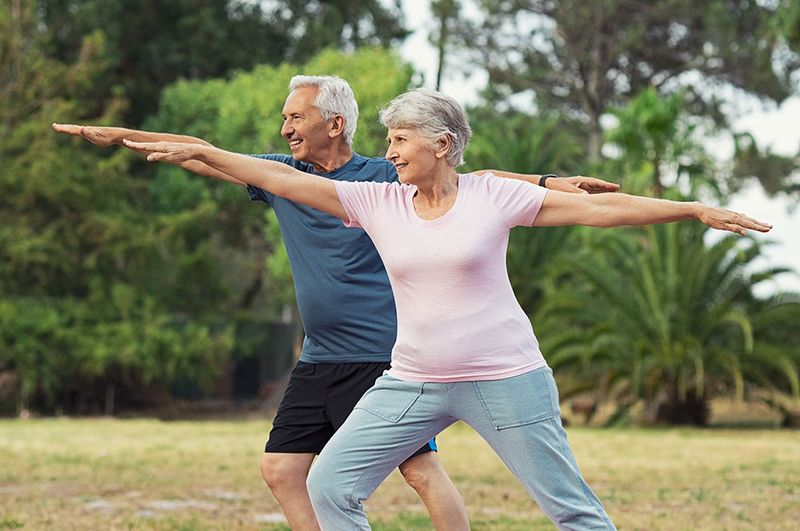
Summer activities bring joy, but uneven surfaces increase fall risks for seniors. Changes in vision and balance can exacerbate this threat.
Wearing supportive footwear and staying vigilant on walks helps prevent falls. Regular exercises that strengthen muscles and improve balance are beneficial too.
Awareness of surroundings is crucial. By taking these precautions, you can confidently explore outdoor environments.
10. Heat-Related Sleep Disruptions

Hot nights can disturb sleep, affecting overall health. Older adults may find it harder to regulate body temperature during sleep.
Using fans or air conditioning creates a cooler sleep environment. Lightweight bedding and breathable pajamas improve comfort.
Establishing a consistent bedtime routine aids restful sleep. By prioritizing a comfortable sleeping environment, you can enjoy rejuvenating rest during summer nights.
11. Social Isolation

Ironically, summer can increase social isolation for seniors. Families may travel, and social gatherings can dwindle.
Staying connected through technology or joining local clubs offers engagement opportunities. Volunteering or attending community events provides a sense of purpose.
Reaching out to friends or neighbors for regular catch-ups fosters connections. By actively seeking social interactions, loneliness can be mitigated.
12. Medication Sensitivity to Sunlight

Certain medications increase sensitivity to sunlight, causing rashes or exacerbating sunburn. Seniors taking such medications need to be cautious.
Reading labels and consulting healthcare providers helps identify these drugs. Wearing protective clothing and using sunblock minimizes risks.
Understanding medication effects allows safe enjoyment of outdoor activities. By staying informed, skin health remains protected.
13. Gastrointestinal Issues from BBQs

Barbecues are a summer staple but can lead to gastrointestinal issues. Seniors may have weaker digestive systems, making them more susceptible.
Ensuring proper food handling and thorough cooking is key. Use a thermometer to confirm meats reach safe temperatures.
Washing hands and utensils frequently prevents cross-contamination. By following these practices, barbecues remain delightful and worry-free.
14. Heat Sensitivity and Chronic Conditions
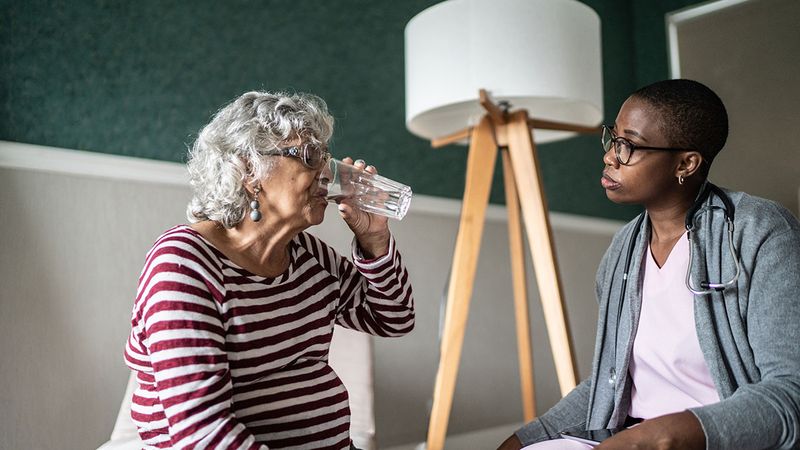
Heat sensitivity can exacerbate chronic conditions like heart disease or diabetes. Older adults need to be vigilant about managing these risks.
Monitoring symptoms and adjusting activity levels based on heat is crucial. Consulting with healthcare providers for tailored advice offers additional support.
By understanding how heat impacts health, proactive steps ensure well-being remains a priority.
15. Humidity and Joint Pain

Humidity can aggravate joint pain, particularly in conditions like arthritis. Seniors may notice increased stiffness or discomfort during humid days.
Engaging in low-impact exercises like swimming helps maintain mobility. Applying heat packs or taking warm showers can alleviate pain.
Staying active while managing joint health ensures summer remains enjoyable. By incorporating these strategies, discomfort can be minimized.



